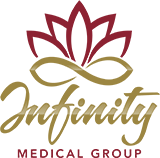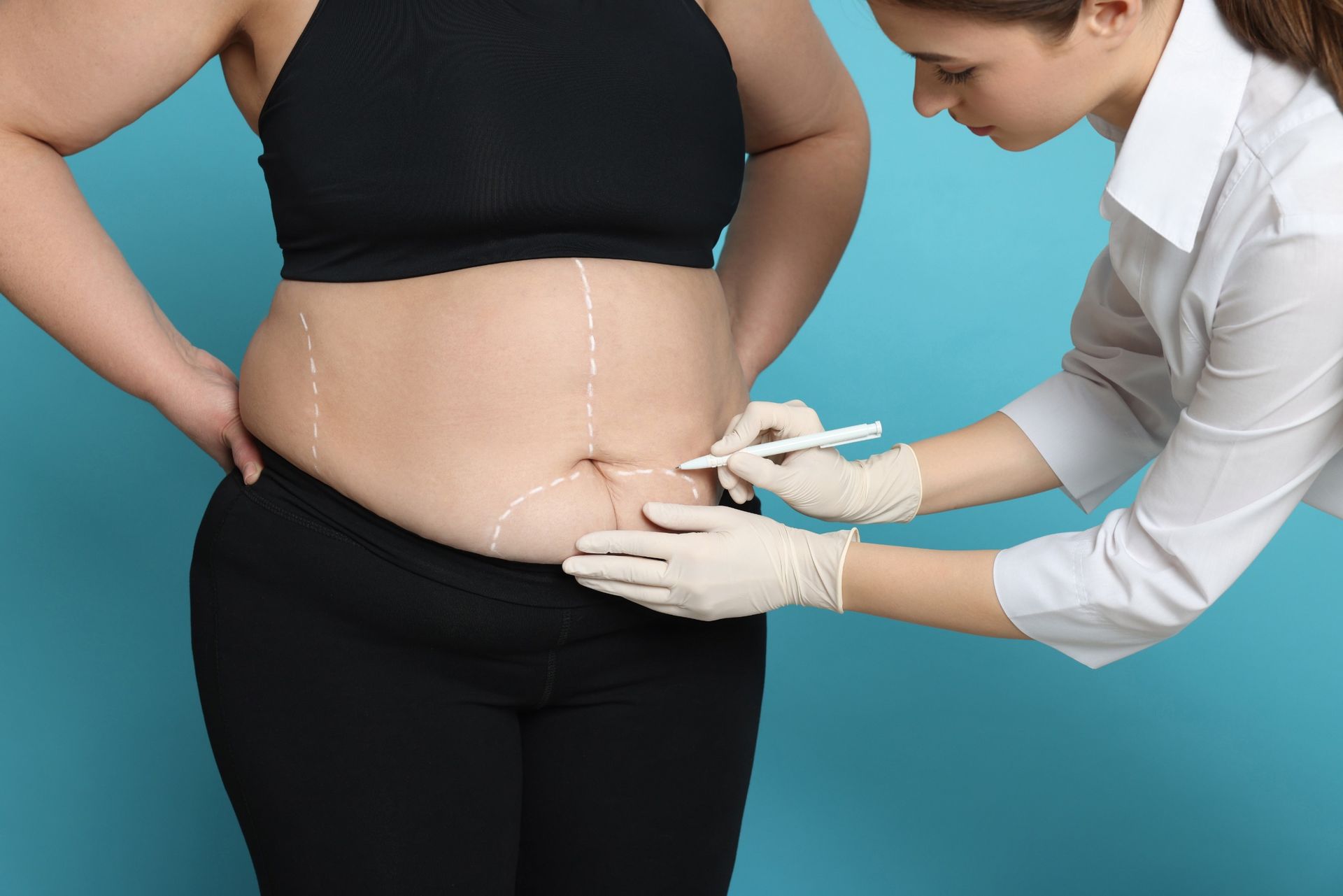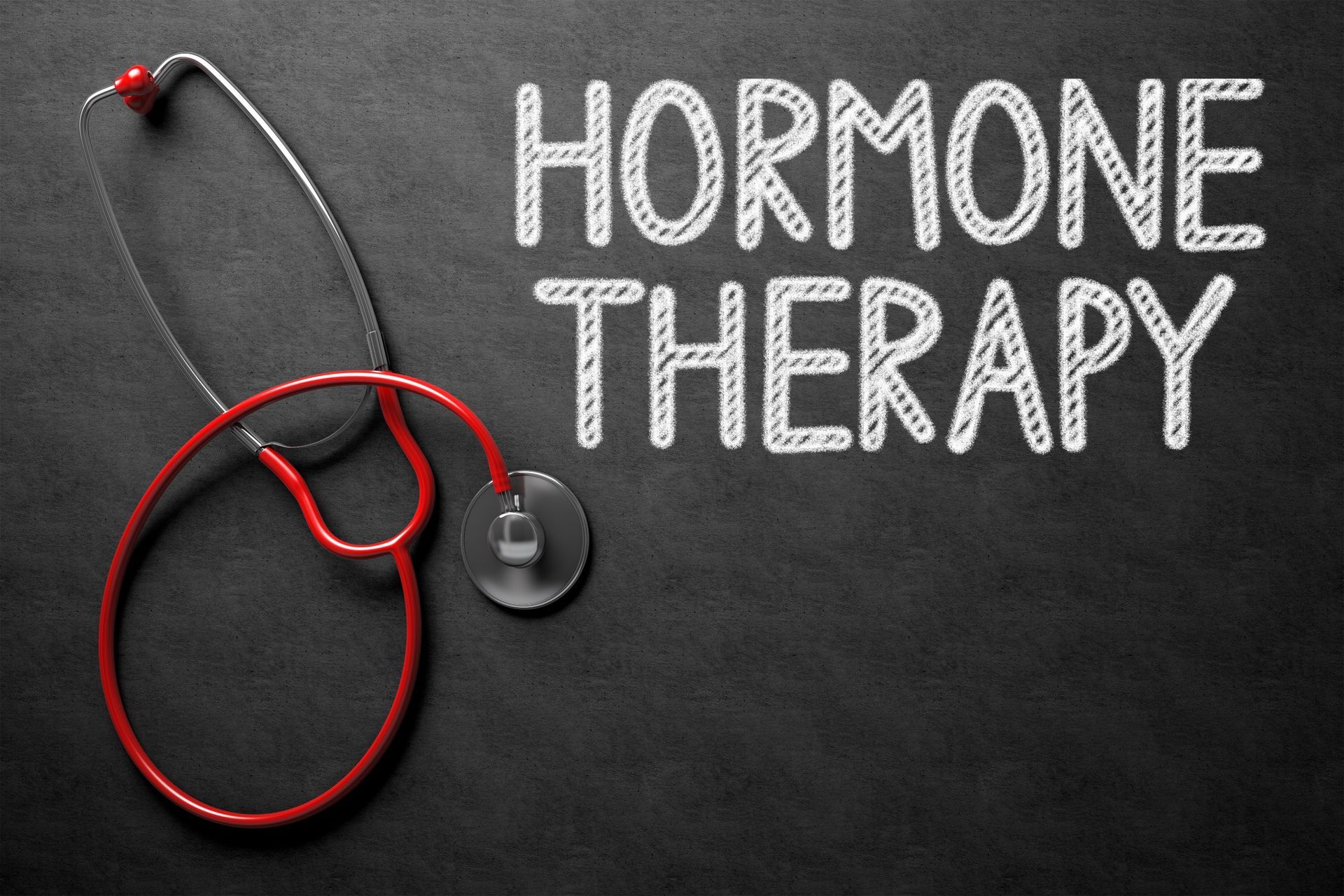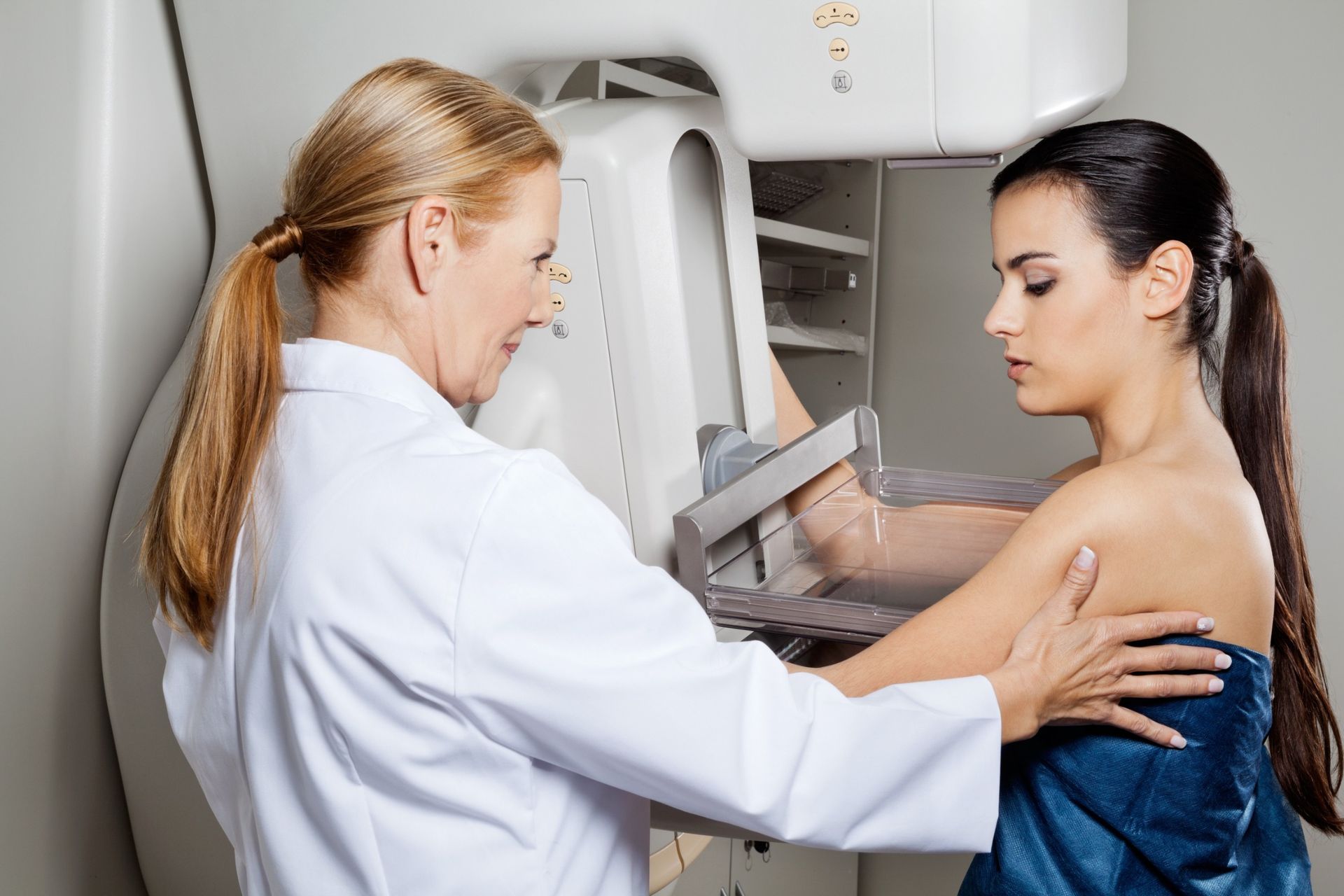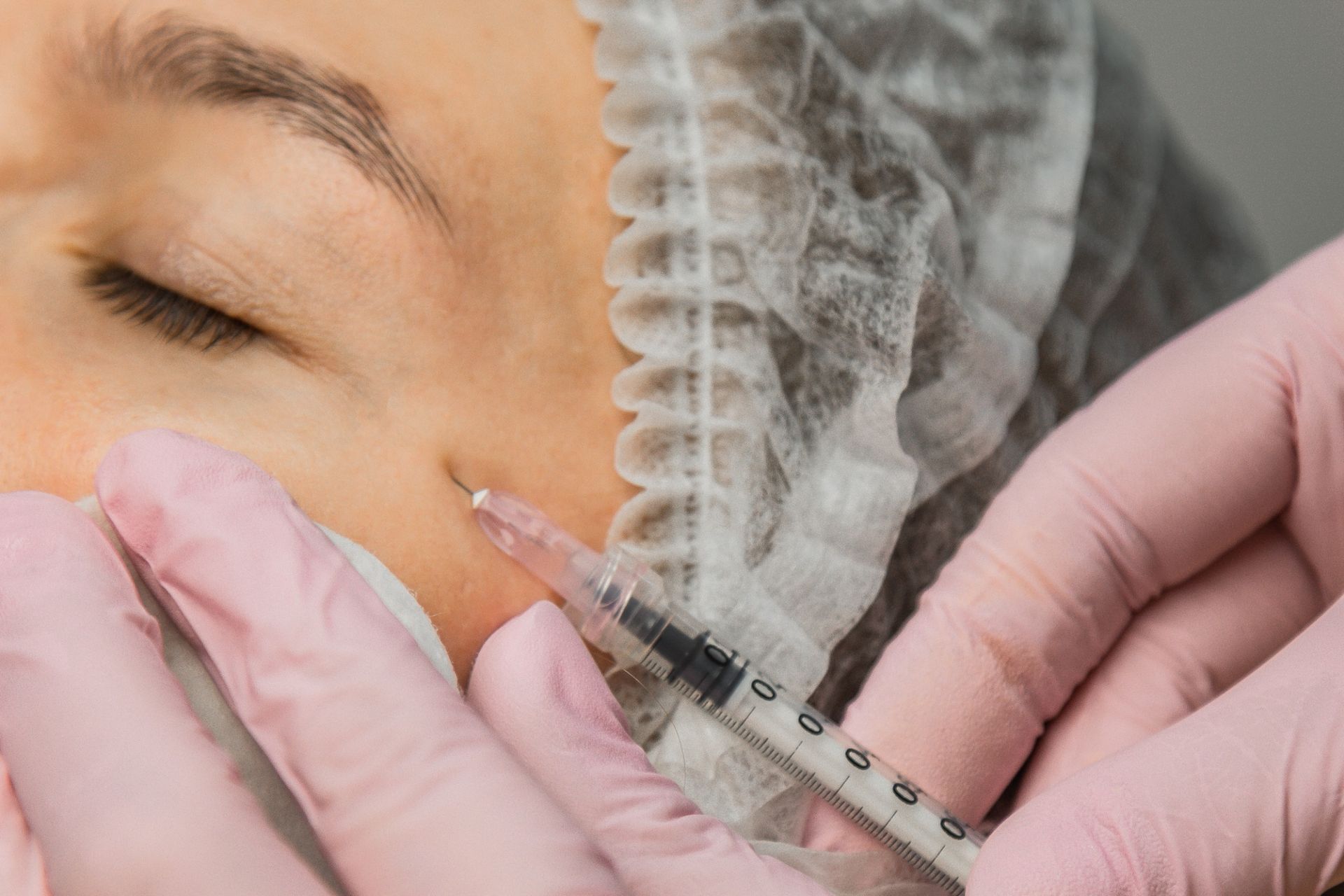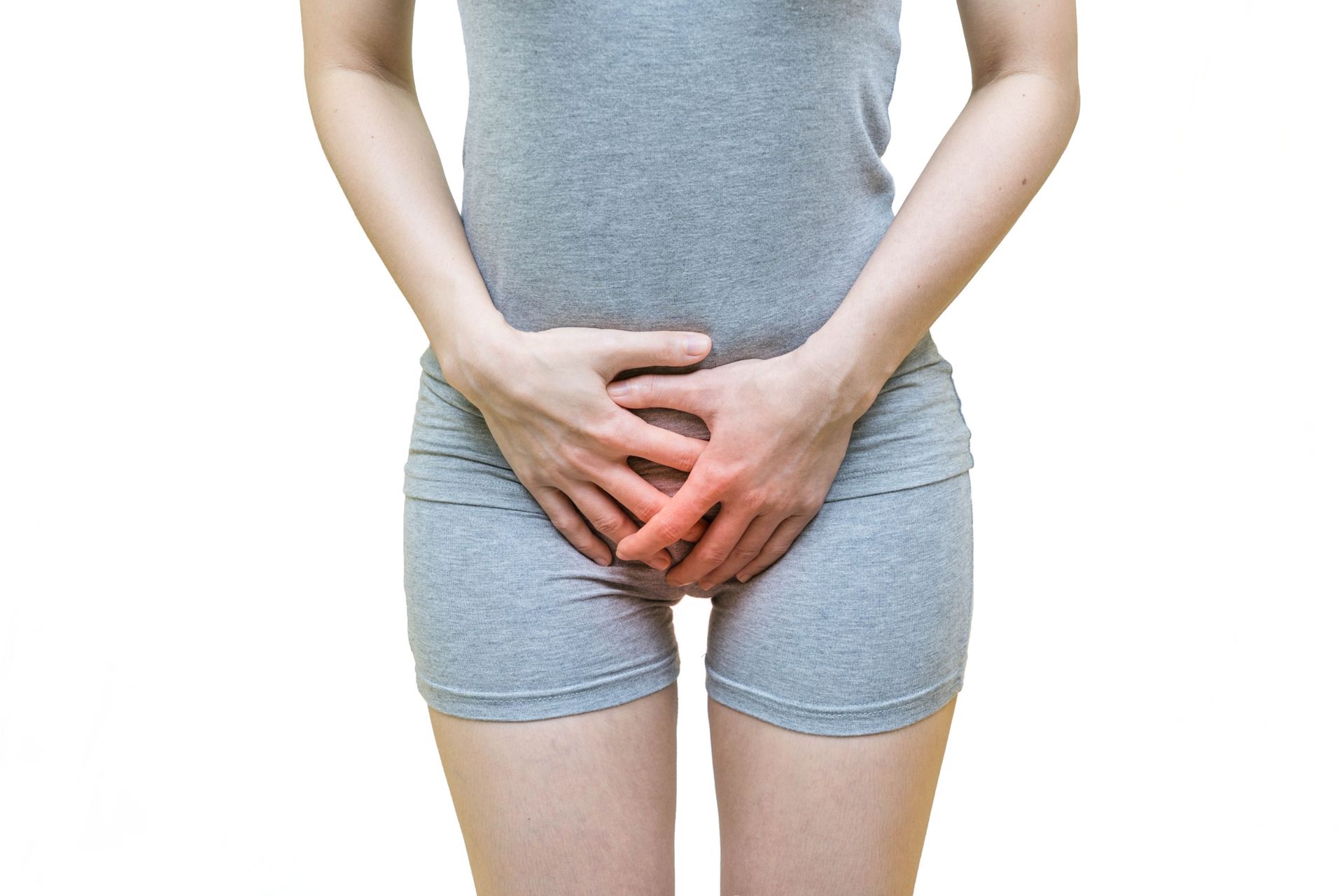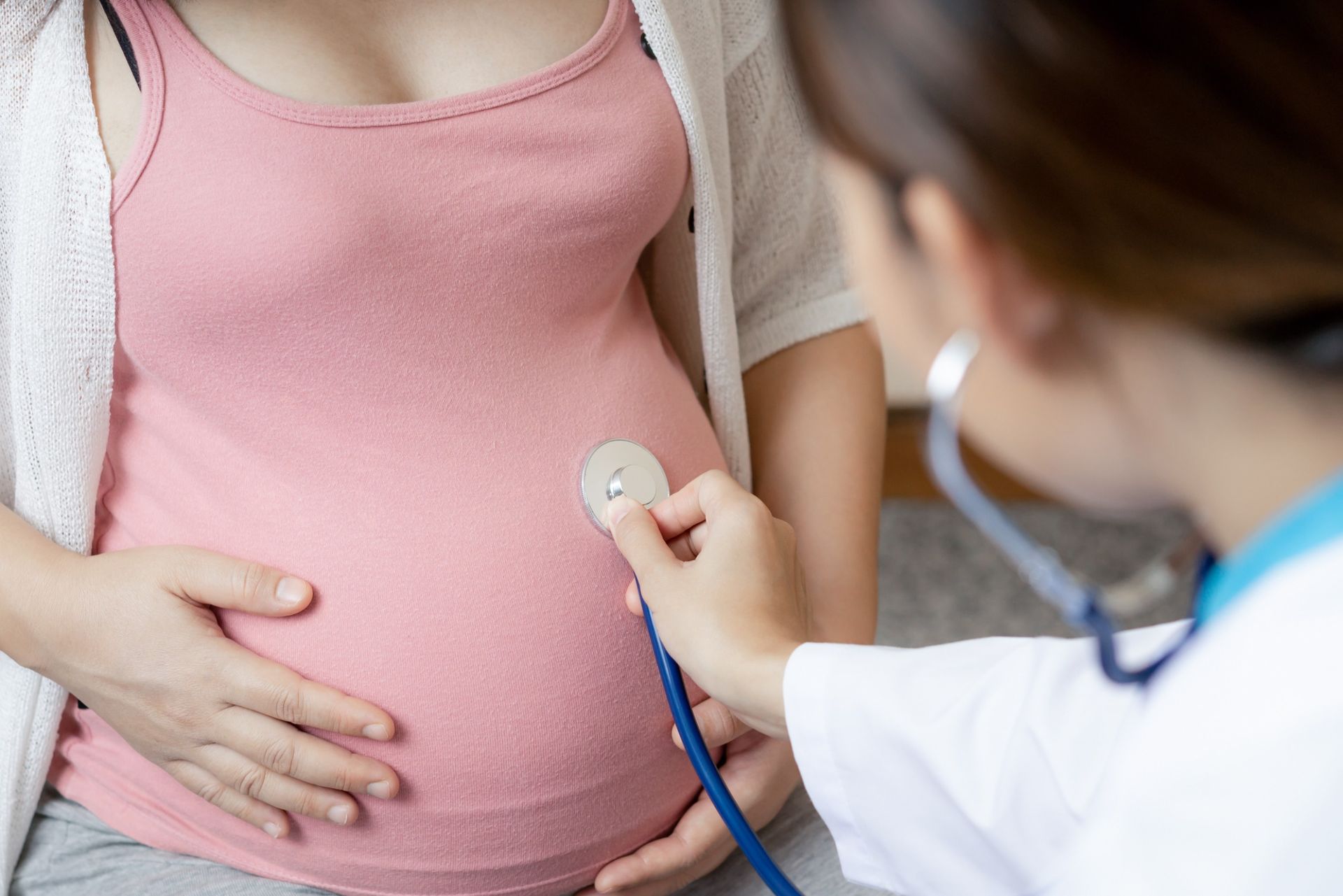Post-Pregnancy Body Care: Understanding and Embracing the Changes
Navigating the journey of post-pregnancy, women often face a myriad of changes to their bodies. From stretch marks to altered silhouettes, it's a time of transformation that can impact one’s body confidence.
This blog post is dedicated to understanding and embracing these changes. It's about celebrating your body’s accomplishments and finding beauty in its new form, reminding you that you're not alone in this experience.
Navigating the Physical and Emotional Journey of New Motherhood
The post-pregnancy period, often termed 'the fourth trimester,' extends from the birth of a child to about three to six months afterwards. It is a time when a mother's body undergoes adjustments to return to pre-pregnancy conditions.
However, this process is not just physical; it is emotional and mental, too. New mothers often find themselves contending with issues of self-image, stress, and the overwhelming responsibilities of caring for a newborn.
This period can be rife with pressures to 'bounce back' and return to a pre-baby body shape. The truth is, the changes a woman's body goes through during pregnancy are natural, and it takes time to heal and adjust.
Understanding and accepting these changes are the first steps toward a healthy postpartum experience. In doing so, it sets the stage for acknowledging the strength and resilience it takes to create and nurture life.
Understanding the Changes: A Detailed Exploration
After giving birth, many women find their bodies are not the same as they were pre-pregnancy. This section dives deeper into the specifics of these changes and offers insights into effective post-pregnancy care strategies for overall wellness and women's health postpartum.
Physical changes in the post-partum period can vary widely from one individual to another, but some common experiences include:
- Weight and Body Shape: It's normal to carry extra weight post-pregnancy. The body also undergoes shape changes, with some women noticing wider hips and a softer belly.
- Stretch Marks: These are streaks that can appear on the stomach, breasts, hips, butt, and thighs as the skin expands during pregnancy and contracts afterwards.
- Breast Changes: Post-pregnancy, breasts may be larger, especially if breastfeeding, and can change in shape or size after weaning.
- Hair and Skin: Many women experience hair loss a few months after giving birth, due to dropping estrogen levels. Skin can also undergo various changes, including dryness or increased acne.
- Hormonal Fluctuations: Hormonal changes can impact emotional well-being, contributing to feelings of sadness or anxiety, commonly known as the "baby blues," or more severe postpartum depression.
- Abdominal Separation: Diastasis recti is a condition where the abdominal muscles separate during pregnancy and do not always return to their original position, affecting core strength and the flatness of the abdomen.
Acknowledging and caring for the changes in a woman's body post-pregnancy is an essential part of the recovery process. Each woman's experience is unique, and understanding that it takes time to adjust is crucial in embracing this new chapter of life.
The Importance of Self-Care for New Moms
In the whirlwind of new motherhood, it's easy to push aside self-care in favor of caring for the baby. However, taking care of oneself is fundamental for a mother's own health and well-being.
It doesn't have to be elaborate; simple self-care practices can make a world of difference. Here are some essential self-care components:
Sleep and Rest
The early days with a newborn often involve fragmented sleep patterns and significant sleep deprivation. Prioritizing rest is crucial for healing and maintaining energy levels.
Whenever possible, aligning sleep schedules with the baby's and seeking support for nighttime feedings can allow for more restorative sleep.
Balanced Nutrition
- Eat Whole Foods: Opting for whole, unprocessed foods can provide the necessary nutrients for healing and energy.
- Stay Hydrated: Drinking plenty of water is key, especially for breastfeeding mothers, to maintain adequate milk production and hydration levels.
- Snack Smart: Keeping healthy snacks within easy reach can help maintain energy levels throughout the day without compromising nutritional intake.
Physical Activity
- Start Slow: Begin with gentle activities, such as walking or postpartum-specific exercises, to help your body gradually regain strength.
- Listen to Your Body: Pay attention to your body's signals and avoid overexertion, especially in the early weeks postpartum.
- Seek Professional Guidance: Consulting with a physiotherapist or a fitness expert specializing in postpartum recovery can ensure a safe return to more strenuous activities.
Mental Wellness
- Connect with Others: Joining a support group or connecting with fellow new moms can provide emotional support and helpful advice.
- Seek Help When Needed: Don't hesitate to reach out to a healthcare provider or a mental health professional if you're feeling overwhelmed or experiencing signs of postpartum depression.
- Take Time for Yourself: Allow yourself moments of relaxation and self-care, whether it's reading a book, taking a warm bath, or practicing mindfulness and meditation.
By incorporating these self-care strategies into your routine, you can support your body and mind through the postpartum recovery process, setting a strong foundation for your new life as a mother.
Practical Tips and Advice for Post-Pregnancy Body Care
Transitioning to a post-pregnancy body involves a series of adjustments. While the changes may be irreversible, incorporating effective and consistent care can aid in adapting to the new normal. Here are some actionable tips:
- Acceptance and Patience: Recognize that your body has done something remarkable in birthing a child. Be patient with your recovery process and give yourself grace during this time.
- Set Realistic Goals: Instead of aiming to quickly return to your pre-pregnancy body, focus on attainable health and wellness goals. Remember, it took nine months for your body to change, and it may take just as long, or longer, to fully recover.
- Gentle Skin Care: For stretch marks and sensitive skin, use gentle, hydrating products. Look for ingredients like cocoa butter, Vitamin E, and hyaluronic acid, which can help in maintaining skin elasticity and moisture.
- Support Garments: Consider using support garments designed for postpartum recovery. These can provide support to the abdomen, back, and hips, and may help in feeling more comfortable and secure.
- Regular Check-ups: Keep up with your postpartum check-ups with your healthcare provider. These visits are crucial for monitoring your recovery and addressing any concerns.
- Pelvic Floor Therapy: Investigate pelvic floor therapy, especially if experiencing symptoms such as incontinence or pain during intercourse. A trained pelvic floor therapist can offer exercises and strategies to strengthen this area.
- Hygiene and Wound Care: If you had a C-section, proper care of the incision site is important to prevent infection and promote healing. Follow your doctor's advice closely regarding wound care and hygiene.
- Mental Health Support: Acknowledge the emotional changes and challenges that come with new motherhood. Seeking support from a therapist, counselor, or support group can provide valuable coping strategies for postpartum depression or anxiety.
Conclusion
The transformation of a woman's body post-pregnancy is a multifaceted process that warrants patience, understanding, and compassion.
By shedding unrealistic societal expectations and focusing on comprehensive self-care, new mothers can ease the journey and find a sense of empowerment in their natural postpartum changes.
It is imperative to approach the post-pregnancy phase not as a quest to 'bounce back,' but as an opportunity to 'bounce forward' into a new chapter of life, filled with self-love and vitality.
About Infinity Medical Group
Infinity Medical Group is a leading healthcare provider specializing in women's health, particularly menopause management. We offer comprehensive medical care covering a wide range of services, including Gynecology, Cosmetic Surgery, Obstetrics, Medical Weight Loss, Urogynecology, and Med Spa.
Our dedicated team of healthcare professionals focuses on providing personalized treatment plans, considering each woman's unique circumstances and needs.
Our holistic approach extends beyond our clinic's walls, offering resources and online support, ensuring help is always just a click away.
For any queries, advice, or to schedule an appointment with our professionals, please feel free to Contact Us. We are here to support and guide you through your journey, ensuring that you receive the best possible care and services to manage this transition smoothly.
Call us today! 1-877-241-4004
507 S 4th St,
Clinton, Iowa, 52732
United States
